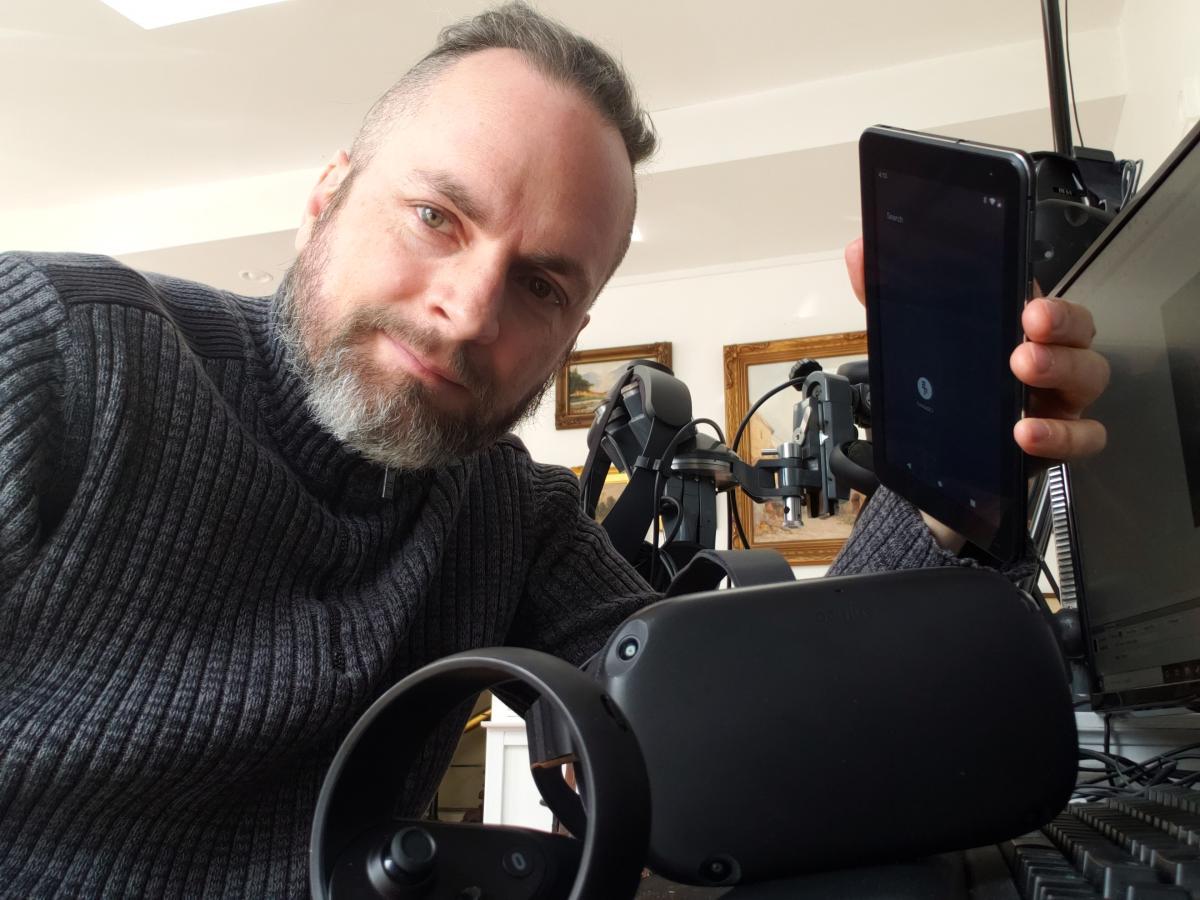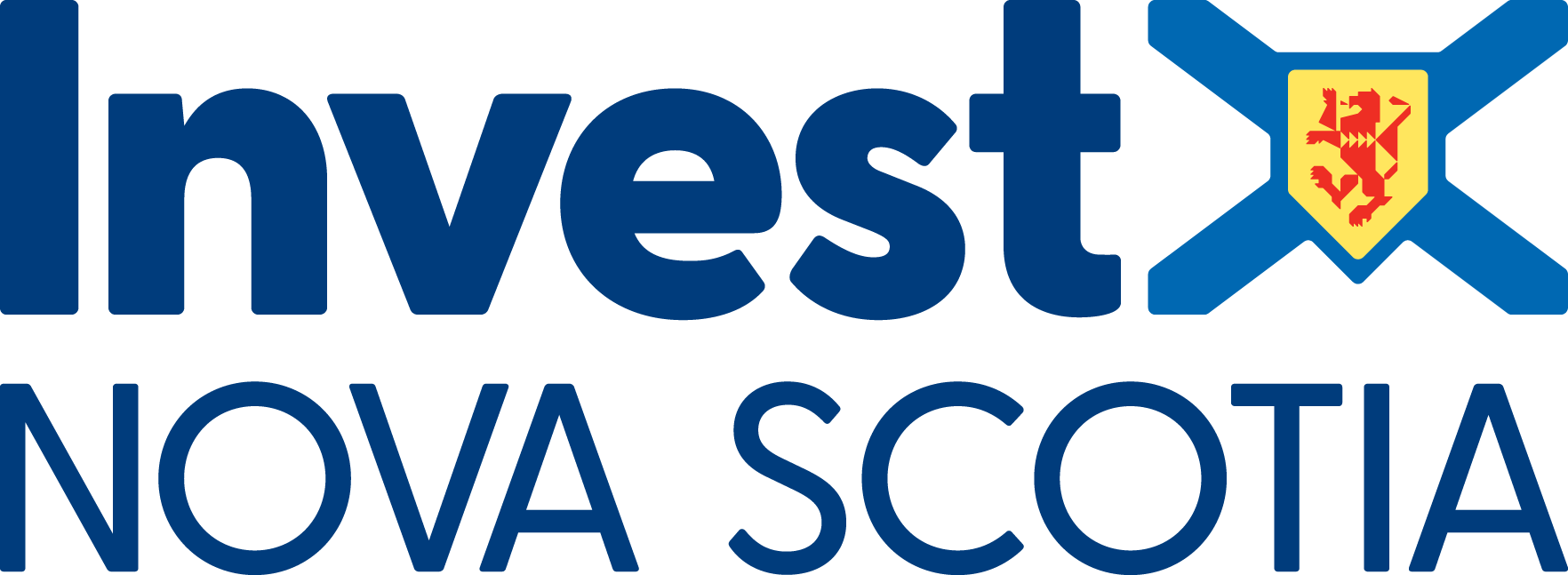Eyes on the Prize: An Update from Electric Puppets
Wednesday, May 6, 2020
This article was written by Michael Bochoff, Marketing & Communications Assistant at Innovacorp.
In the midst of COVID-19, innovators and manufacturers are pivoting to masks and hand sanitizers, with much of the medical industry focusing on vaccines and PPEs needed immediately.
But Ryan Cameron, CEO and founder of Electric Puppets, is using his technology to create long-term infrastructure that strengthens the health care system now and far into the future.
 Electric Puppets works with hospitals and health clinics to create 3D and virtual reality (VR) based testing solutions. The company's flagship product, Evrisia, records eye movement and position and pupil size, and a 3D interactive recording of the clinical visit can be played back later in VR by a clinician. Electric Puppets builds customized environments, characters and props to create an engaging patient experience.
Electric Puppets works with hospitals and health clinics to create 3D and virtual reality (VR) based testing solutions. The company's flagship product, Evrisia, records eye movement and position and pupil size, and a 3D interactive recording of the clinical visit can be played back later in VR by a clinician. Electric Puppets builds customized environments, characters and props to create an engaging patient experience.
"What's at stake is people's long-term vision," Ryan said. "Our goal from the very beginning was always to have a home-based testing and assessment tool because we believe VR will continue to be more widely available and easy to access for consumers."
Electric Puppets began in 2017 when Ryan, an executive at an animation studio at the time, was looking into VR as a new medium for entertainment. However, after meeting with experts at the IWK children's hospital nearly a year later, they were enthusiastic about the potential of VR in various areas of practice.
COVID-19 has presented an interesting opportunity for Electric Puppets; moving clinical assessment and research out of hospitals and into homes where people can self-administer and minimize the need for travel or physical contact, particularly during pandemics.
"The hospital came to us asking if it was possible to set people up at home to do assessments and communicate online, since they can't have patients coming into the hospital right now," said Ryan. "While it can't be done overnight, hospitals anticipate COVID-19 lasting for several months and they will need to follow up with thousands of patients in Nova Scotia."
While his primary focus has been vision, Ryan believes this technology could be applied to a number of different fields.
"Focusing on vision to start has allowed us to establish the infrastructure and software so people can become comfortable with the technology," said Ryan. "Once we have the hardware established, we are considering potential applications for the technology to help with assessments in the areas of brain injury, physiotherapy, pain, anxiety, and psychology."
As a resident of The Labs at Innovacorp and recipient of business guidance and funding through Innovacorp, Ryan is wasting no time, having already purchased the first batch of tablets for doctors to become familiar with. Once basic tests are run, the VR functionality via headsets will slowly be introduced.
"Initially, our funding was going to pay for tests and assessments and doing direct comparisons between traditional test methods and the VR method," said Ryan. "The additional support from Innovacorp accommodates the creation of these at-home tests right away."
Reducing the strain on resources in hospitals has always been a top priority for Ryan and the need has only been made stronger by COVID-19. With its biggest customer potentially being the Nova Scotia Health Authority, Electric Puppets is determined to make these systems available as soon as possible to patients who need it.
"An end-user perspective is critical. Establishing long-term care to patients at home through technology is more important than ever," said Ryan. "There's a lot of buzz and demand from customers for what we're doing, but we have to build it. We strongly believe that a fun, happy patient experience will provide better data for treatment and we're excited for what the future holds."
May 6, 2020, Halifax, Nova Scotia




